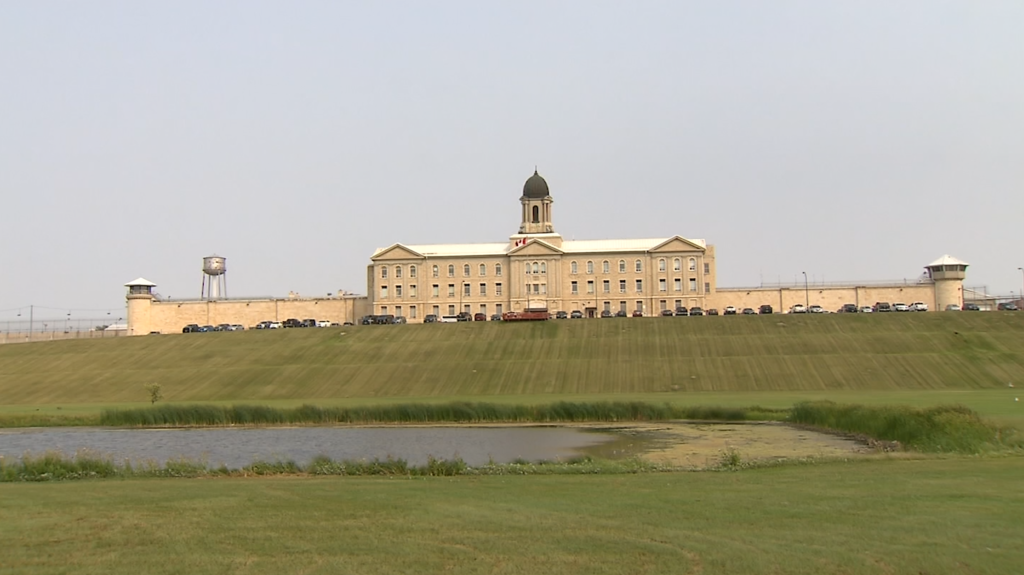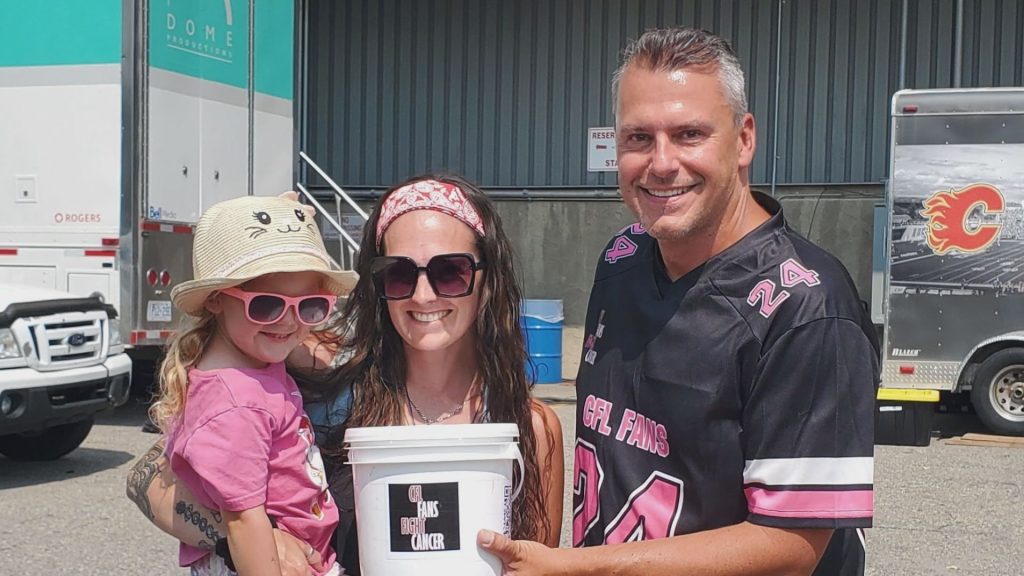Manitoba opens access to death certificates of children at residential schools
Posted March 13, 2023 1:06 pm.
Last Updated March 13, 2023 6:24 pm.
The Manitoba government has signed an agreement to open access to death certificates of Indigenous children who died at residential schools.
The agreement allows the National Centre for Truth and Reconciliation to request the documents from the provincial Vital Statistics Branch. Until now, the documents were available to family members, while researchers and others needed to obtain special permission for any given document.
“This is very important in that the records that will be handed over will be a way to get at the truth – the real truth as to what happened to our people,” Grand Chief Cathy Merrick of the Assembly of Manitoba Chiefs said Monday at a signing ceremony at the legislature.
“Their names need to be talked about. Their families, their mothers, their fathers need to be talked about, because they never had that in the residential schools. They were numbers. They were numbers to the governments,” said Chief Merrick.
An estimated 150,000 Indigenous children were forced to attend residential schools over a century in Canada. The National Truth and Reconciliation Commission estimated in its report eight years ago that about 6,000 Indigenous children died while being forced to attend the church-run, federally funded institutions.
“There have been no records for our people to access, but I know our people have the right to find information when it comes to our people,” said Grand Chief Garrison Settee, Manitoba Keewatinowi Okimakanak Inc.

Manitoba opens access to death certificates of children at residential schools. (Photo Credit: Alex Karpa, CityNews)
The head of archives at the National Centre for Truth and Reconciliation said piecing together information from different governments, churches and the collections of individuals such as former school staff is a challenge.
“It’s a jigsaw puzzle,” Raymond Frogner said.
“To date, we’ve addressed this question by visiting over 150 different repositories to try to piece together the various operational administrative records of the schools.”
The centre is still working on getting access to coroners’ reports, he added.
Government Services Minister James Teitsma said the agreement responds to one of the calls to action in the report from the National Truth and Reconciliation Commission.
The Manitoba government has also examined the idea of declaring a statutory holiday for the National Day for Truth and Reconciliation, otherwise known as Orange Shirt Day, every Sept. 30.
The government first discussed the idea more than a year ago, and continues to consult with Indigenous leaders and others on what type of programming or events should be held to mark the day.
“There’s a lot of options and a lot of suggestions, but we’ve got to find the right one for Manitoba,” said Eileen Clarke, the minister for Indigenous reconciliation.
Stephanie Scott, the centre’s executive director, says “This information will help families and the NCTR fill some of the gaps that currently stop us from finding out further truths about residential school children who did not return home and are in unmarked burials.
“The families and communities have a right to know about the children that did not return home from school and know where their little ones lay buried,” said Scott.
-With files from the Canadian Press








